How to Prepare for a Job Interview: Steps for Success and Confidence
Job interviews can be nerve-wracking experiences, especially if it’s your first time or if you’re applying for a position that you really want. However, with proper preparation, you can increase your chances of success and walk into the interview with confidence.
Why Preparation is Key
Preparation is essential because it allows you to showcase your skills and experience in the best possible light. It also helps you to anticipate potential questions and prepare thoughtful responses. By being well-prepared, you can demonstrate that you are the right fit for the job and leave a positive impression on the interviewer.
Steps for Success
There are several steps you can take to prepare for a job interview:
- Research the company and the job position
- Review your resume and cover letter
- Practice answering common interview questions
- Prepare questions to ask the interviewer
- Dress appropriately and arrive early
By following these steps, you can be sure that you are fully prepared for your job interview and increase your chances of success.
Conclusion
Preparing for a job interview can seem daunting, but by taking the time to research the company and position, practicing your responses, and arriving early, you can walk into the interview with confidence and increase your chances of success.
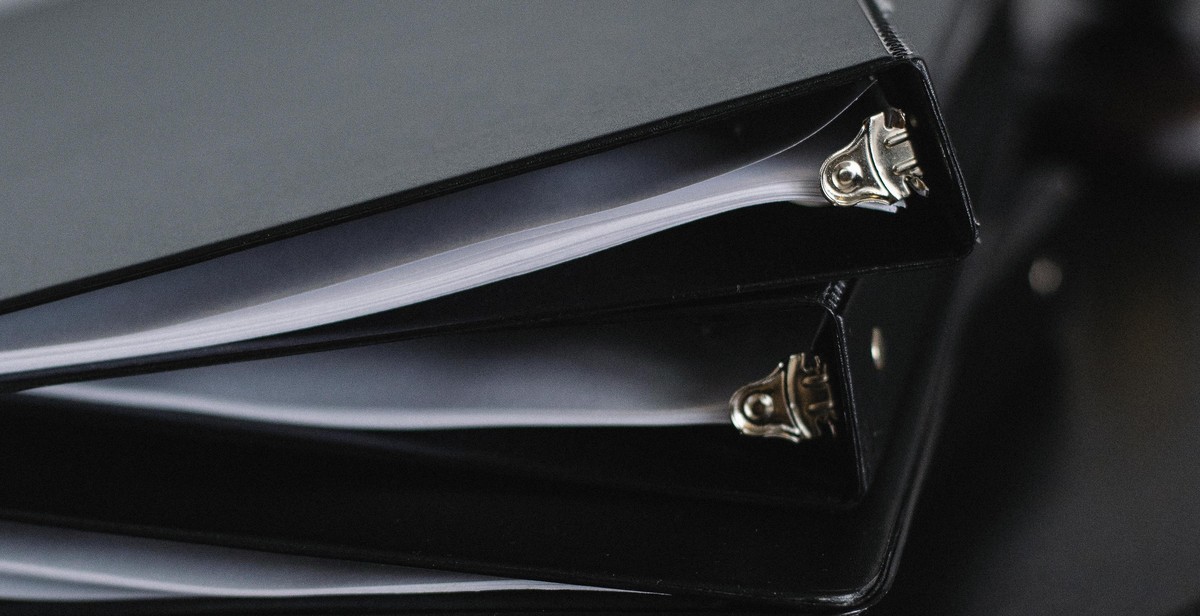
Research the Company and Position
One of the most important steps to prepare for a job interview is to research the company and the position you are applying for. This will not only help you to understand the company’s culture and values, but also to tailor your answers to the interviewer’s questions based on the job requirements.
Company Overview
Start by researching the company’s history, mission, and values. You can find this information on the company’s website or through a quick Google search. Take note of the company’s products or services, target market, and competitors. This information will help you to understand the company’s position in the market and how you can contribute to its growth.
You can also look for news articles or press releases about the company to stay up-to-date with its recent developments. This will show the interviewer that you are genuinely interested in the company and its success.
Job Description
Next, carefully read the job description to understand the specific requirements of the position. Take note of the skills, qualifications, and experience that the company is looking for. This will help you to prepare answers to questions that relate to your ability to perform the job duties.
Make sure to also research the department or team you will be working with. This will give you an idea of the work environment and the people you will be working with. You can also look for LinkedIn profiles of current employees to get an idea of their backgrounds and experiences.
| Research Checklist | Notes |
|---|---|
| Company history, mission, and values | |
| Products or services, target market, and competitors | |
| Recent developments and news articles | |
| Job description and requirements | |
| Department or team information | |
| LinkedIn profiles of current employees |
By researching the company and position, you will be able to confidently answer questions during the interview and demonstrate your knowledge and interest in the company. This will show the interviewer that you are a serious candidate and increase your chances of getting the job.

Practice Common Interview Questions
One of the best ways to prepare for a job interview is to practice answering common interview questions. Here are some examples of common behavioral and technical questions:
Behavioral Questions
Behavioral questions are designed to assess your past behavior in specific work situations. These questions require you to give specific examples of how you have handled certain situations in the past. Here are some common behavioral questions:
- Can you tell me about a time when you had to work with a difficult team member?
- How do you handle conflict in the workplace?
- Can you describe a time when you had to deal with a difficult customer?
- Can you give an example of a time when you had to meet a tight deadline?
- How do you prioritize your tasks when you have multiple projects on the go?
When answering these questions, use the STAR method:
| Situation | Task | Action | Result |
|---|---|---|---|
| Describe the situation | Explain what your task was | Tell what action you took to resolve the situation | Explain the result of your actions |
Technical Questions
Technical questions are designed to assess your knowledge and skills in a particular field. These questions require you to demonstrate your expertise and understanding of the subject matter. Here are some common technical questions:
- Can you explain how you would solve a complex programming problem?
- What is your experience with [insert specific software or technology]?
- Can you give an example of a time when you had to troubleshoot an issue with [insert specific technology]?
- What programming languages are you familiar with?
- Can you explain how [insert specific technology] works?
When answering technical questions, be honest about your level of experience and knowledge. If you don’t know the answer to a question, say so and explain how you would go about finding the answer.
By practicing common interview questions, you’ll be better prepared for your job interview and feel more confident going into it.
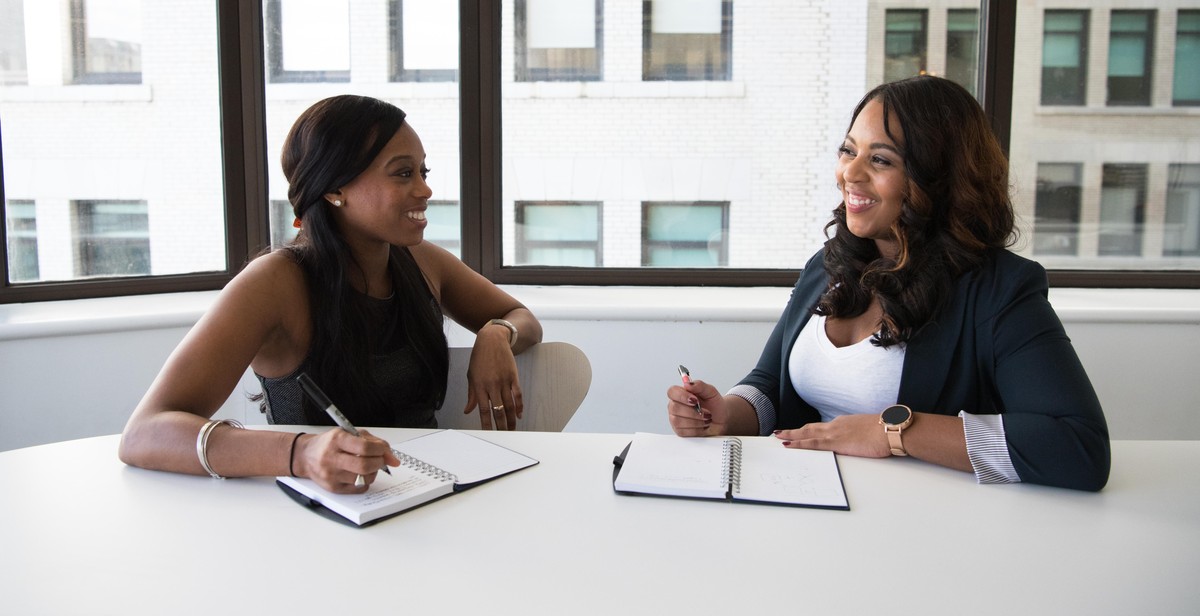
Prepare Your Answers
Preparing for a job interview can be nerve-wracking, but one way to ease your anxiety is to anticipate the questions that might be asked and prepare your answers in advance. Here are some tips on how to do just that:
Use the STAR Method
Many interviewers use the STAR method to assess a candidate’s response to questions. STAR stands for Situation, Task, Action, and Result. To use this method, think of a specific example from your work experience that demonstrates your skills.
| STAR Method | Description |
|---|---|
| Situation | Describe the situation or problem you faced. |
| Task | Explain the task or goal you needed to accomplish. |
| Action | Detail the actions you took to address the situation or task. |
| Result | Share the outcome or result of your actions. |
Using the STAR method can help you structure your answers and provide concrete examples of your skills and experience.
Identify Talking Points
Before the interview, research the company and the position you are applying for. This will help you identify key talking points that you can use to highlight your qualifications and fit for the role.
For example, if the company has a strong focus on customer service, you can prepare to discuss your experience in that area and how it aligns with the company’s values. If the position requires strong leadership skills, think of examples from your past roles where you demonstrated those skills.
Identifying talking points in advance can help you feel more confident and prepared during the interview.
Common Interview Questions
While every interview is different, there are some common questions that you can expect to be asked. Here are some examples:
- Tell me about yourself.
- What are your strengths and weaknesses?
- Why do you want to work for this company?
- Can you describe a time when you overcame a challenge?
- What are your long-term career goals?
Prepare your answers to these questions in advance, using the STAR method and identifying relevant talking points.
By preparing your answers in advance, you can feel more confident and ready to impress during the interview.
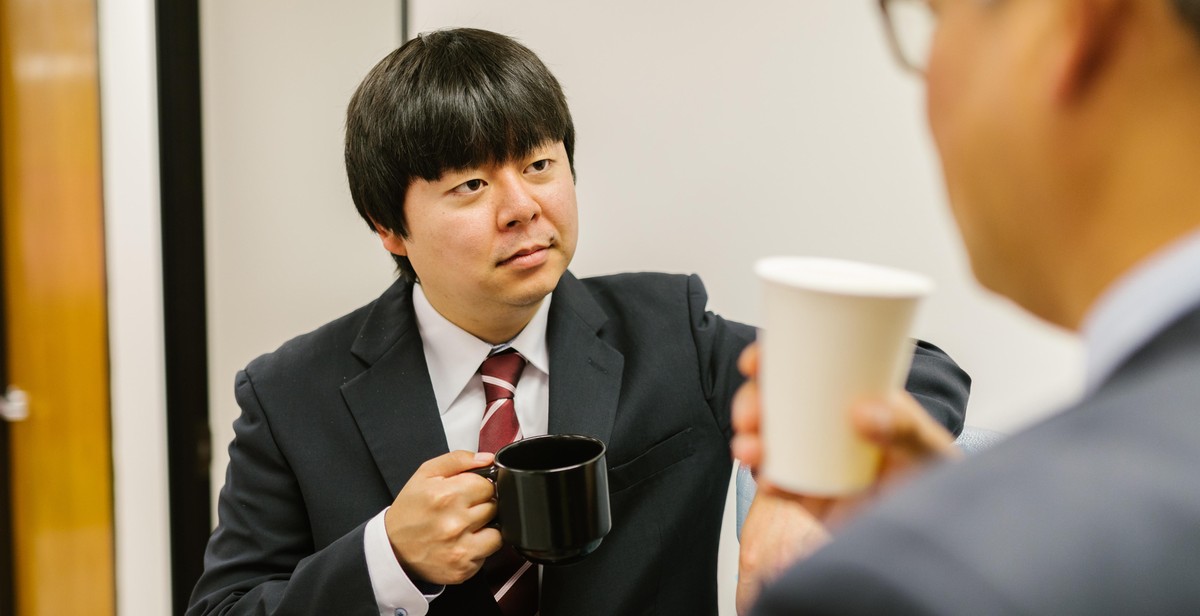
Dress Professionally
Dressing professionally is one of the most critical aspects of preparing for a job interview. It’s essential to make a positive first impression on your potential employer, and your appearance plays a significant role in that. Here are some tips on how to dress for success:
Research the Company Culture
Before deciding what to wear, research the company culture. Some companies have a strict dress code, while others are more relaxed. Check the company’s website, social media pages, or even ask the recruiter or HR representative about the dress code. This will give you a better idea of what to wear and help you avoid any inappropriate clothing.
Dress for the Job You Want
Dressing for the job you want is a great way to demonstrate your professionalism and show that you take the interview seriously. If you’re not sure what to wear, it’s always better to overdress than underdress. A suit and tie or a professional dress are usually safe options for most job interviews.
Avoid Distracting Clothing
Avoid wearing clothing that is too tight, too revealing, or too flashy. You want the focus to be on your skills and qualifications, not your clothing. Also, avoid wearing strong perfumes or colognes as they can be distracting and overwhelming.
Pay Attention to Details
Pay attention to the details of your outfit. Make sure your clothes are clean, ironed, and in good condition. Check your shoes and make sure they are polished. Avoid wearing any jewelry or accessories that are too flashy or distracting.
Conclusion
By dressing professionally, you can make a positive first impression on your potential employer and demonstrate your professionalism and attention to detail. Remember to research the company culture, dress for the job you want, avoid distracting clothing, and pay attention to details. By following these tips, you’ll be one step closer to success and confidence in your job interview.
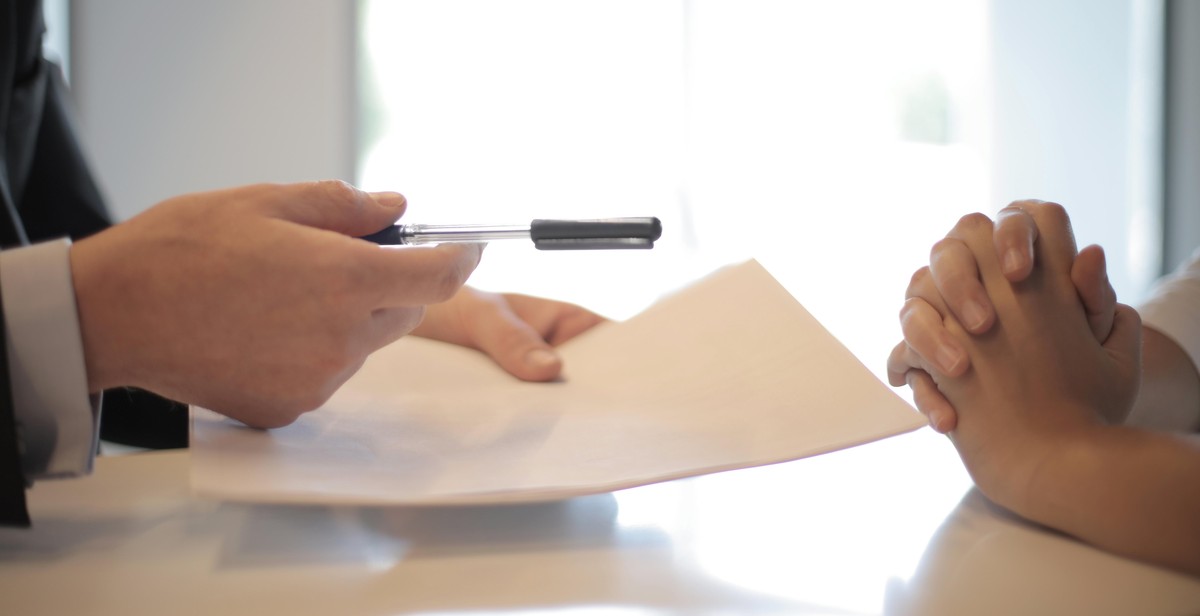
Gather Your Materials
Before heading to the interview, it is important to gather all the necessary materials that will help you showcase your skills and experience. Here are some of the essential materials you should consider:
Resume and Cover Letter
Your resume and cover letter are the first things that an employer will look at when considering you for a job. Make sure that your resume is up-to-date and tailored to the job you are applying for. Your cover letter should be personalized and highlight your relevant skills and experiences. Print out at least two copies of each, just in case.
References
Employers often ask for references to get a better sense of your work ethic and character. Make sure you have a list of professional references, including their names, titles, and contact information. It is also a good idea to give your references a heads up that they may be contacted by your potential employer.
Work Samples
If you have work samples that showcase your skills and experience, bring them along to the interview. This could include writing samples, design portfolios, or project reports. Make sure that they are organized and easy to navigate. If you are presenting digital work samples, make sure you have them saved on a USB drive or accessible through the cloud.
- Printed copies of your resume and cover letter
- At least two copies of your professional references
- Organized work samples, if applicable
By gathering all of these materials ahead of time, you will be better prepared to showcase your skills and experience during the interview. Remember to bring them in a professional folder or briefcase to keep them organized and easily accessible.

Plan Your Route and Arrival Time
One of the most important things to consider when preparing for a job interview is your route and arrival time. Being late for an interview can be a major red flag for potential employers, so it’s crucial to plan ahead and arrive on time or even a few minutes early.
Research the Location
Before your interview, take some time to research the location of the company or office where you’ll be interviewing. Look up the address and consider the best route to get there. If you’re driving, check for traffic and construction delays along the way. If you’re taking public transportation, familiarize yourself with the schedule and plan for any potential delays or route changes.
Practice Your Commute
If possible, it’s a good idea to practice your commute to the interview location a few days before the actual interview. This will help you get a sense of how long it takes to get there, what the traffic or public transportation conditions are like, and any potential obstacles or delays you might encounter.
Arrive Early
When it comes to job interviews, it’s always better to be early than late. Plan to arrive at the interview location at least 10-15 minutes before your scheduled interview time. This will give you enough time to find the office, check in with the receptionist, and compose yourself before the interview begins.
Prepare for Unforeseen Circumstances
Even with careful planning, unforeseen circumstances can still arise. For example, you might get stuck in traffic or experience a delay on public transportation. To prepare for these scenarios, make sure to have the contact information of the interviewer or the company’s HR department on hand. If you’re running late due to circumstances beyond your control, call ahead and let them know.
By planning your route and arrival time ahead of your job interview, you’ll be able to arrive on time and with confidence, setting you up for success in the interview process.
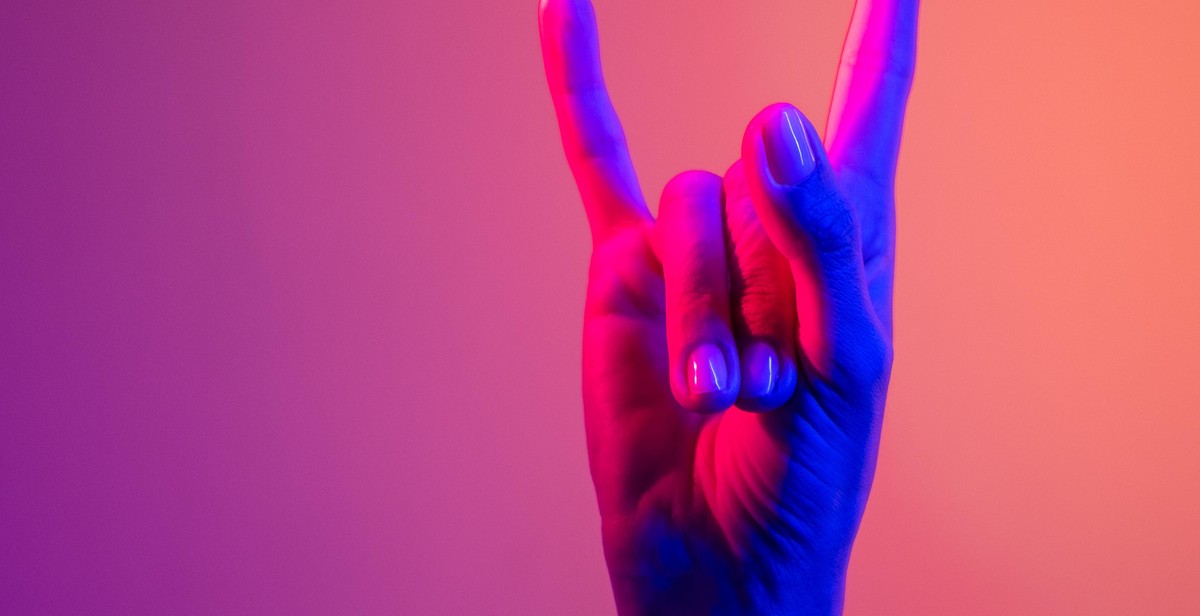
Practice Good Body Language and Communication
During a job interview, your body language and communication skills play a significant role in how the interviewer perceives you. Therefore, it is essential to practice good body language and communication to convey confidence, professionalism, and competence. Here are some tips to help you ace your next interview:
Eye Contact and Posture
Eye contact is one of the most crucial aspects of body language during an interview. It shows that you are attentive, confident, and engaged in the conversation. Maintaining eye contact also helps build rapport with the interviewer and establish trust.
During the interview, make sure to maintain eye contact with the interviewer but avoid staring. You can also look away occasionally to avoid making the interviewer feel uncomfortable. Additionally, sit up straight and maintain good posture throughout the interview. Good posture conveys confidence and professionalism and helps you breathe better, which can help you stay calm and focused.
Verbal Communication
Verbal communication is another critical aspect of a job interview. It is essential to speak clearly, confidently, and concisely to convey your message effectively. Here are some tips to help you improve your verbal communication:
- Speak clearly and avoid mumbling or rushing through your words.
- Avoid using filler words such as “um” and “ah” as they can make you appear less confident.
- Use a moderate tone of voice and avoid speaking too loudly or too softly.
- Listen carefully to the interviewer’s questions and answer them directly and concisely.
Nonverbal Communication
Nonverbal communication refers to body language, facial expressions, and gestures that convey your emotions and attitudes. Here are some tips to help you improve your nonverbal communication:
- Smile when appropriate to convey friendliness and warmth.
- Avoid crossing your arms or legs, as this can make you appear defensive or closed off.
- Use hand gestures sparingly and purposefully to emphasize your points.
- Avoid fidgeting or playing with objects, as this can make you appear nervous or distracted.
| Body Language Do’s: | Body Language Don’ts: |
|---|---|
| – Maintain eye contact – Sit up straight – Smile when appropriate – Use hand gestures sparingly |
– Cross your arms or legs – Fidget or play with objects – Stare or look away for too long – Slouch or lean back in your chair |
By practicing good body language and communication, you can convey confidence, professionalism, and competence during your job interview. Remember to be yourself, stay calm, and prepare thoroughly, and you’ll be sure to ace your next interview!
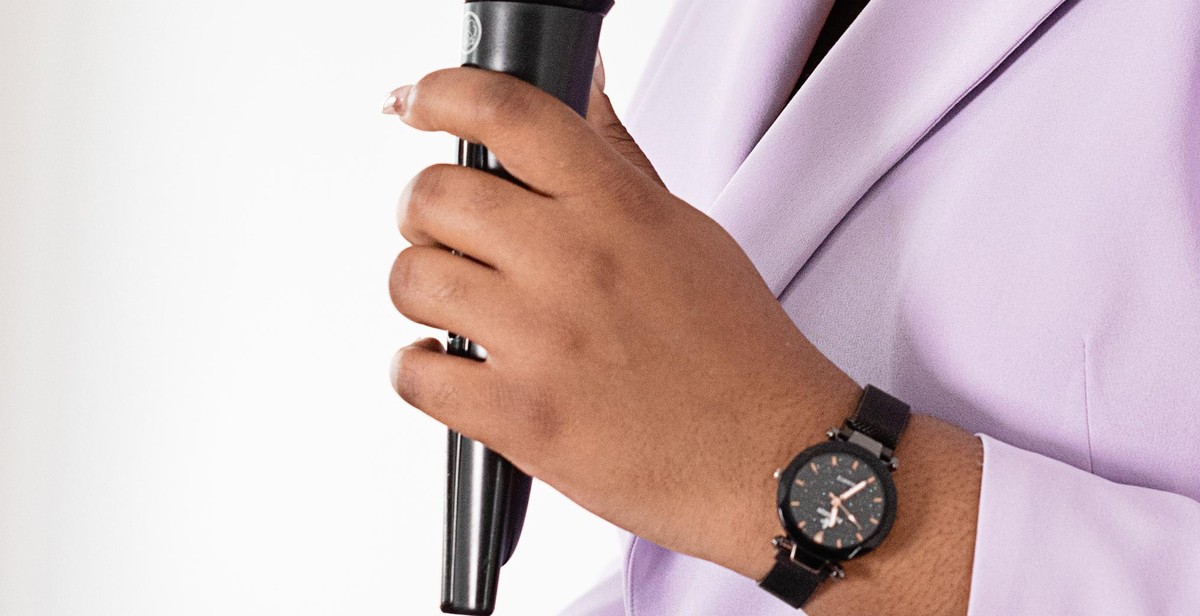
Follow Up After the Interview
After the interview, it’s important to follow up with the interviewer to express your gratitude and reiterate your interest in the position. Follow these steps to ensure a successful follow-up:
1. Send a Thank You Email
Within 24 hours of the interview, send a personalized thank you email to the interviewer. This email should express your appreciation for their time and reiterate your interest in the position. Use this opportunity to highlight any relevant skills or experiences you may have forgotten to mention during the interview.
Sample Thank You Email:
| To: | Interviewer’s Email Address |
|---|---|
| Subject: | Thank You for the Interview |
| Dear [Interviewer’s Name], | |
| Thank you for taking the time to meet with me today to discuss the [Position] role at [Company Name]. I appreciate the opportunity to learn more about the position and the company culture. | |
| I wanted to reiterate my enthusiasm for the role and my confidence in my ability to contribute to the team. I am particularly excited about [specific aspect of the job] and believe my experience in [relevant skill or experience] makes me a strong candidate for the position. | |
| Please let me know if there is any additional information I can provide to support my candidacy. Thank you again for your time and consideration. | |
| Best regards, | |
| [Your Name] | |
2. Follow Up on Next Steps
During the interview, ask the interviewer about the next steps in the hiring process. If they provided a timeline, note it down and follow up accordingly. If they did not provide a timeline, wait a week after sending your thank you email before following up.
You can follow up via email or phone. If you choose to follow up via email, keep it brief and professional. If you choose to follow up via phone, be prepared to leave a voicemail and wait a few days for a response.
Remember to continue to express your enthusiasm for the position and your willingness to provide any additional information or answer any questions the interviewer may have.
